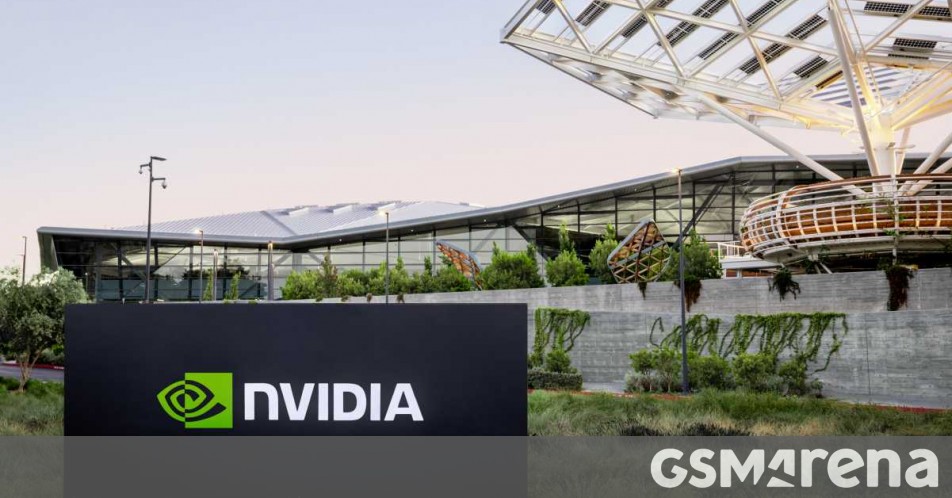Nvidia will incur $5.5 billion in charges following US export restrictions on its H20 AI chips to China, causing a decline in its shares. The US Commerce Department aims to protect national security amid concerns over the chip’s potential use in supercomputers. Major Chinese companies like Tencent and Alibaba had increased orders for the H20, designed primarily for inference. Despite attempts to modify chip architecture under previous administration guidelines, Nvidia will now require licenses for H20 exports indefinitely. This news comes as Nvidia pledged to invest $500 billion in US AI server manufacturing over the next four years.
Nvidia has revealed it will face $5.5 billion in charges after the US government imposed restrictions on the export of its H20 AI chips to China. This situation has led to a decline in shares for the American company, mirroring the challenges faced by AMD, which is also impacted by the same embargo concerning its MI308 chip.
A spokesperson from the US Commerce Department stated that the agency is “dedicated to acting on the President’s directive to protect our national and economic security,” confirming its oversight of US export controls.
The H20 AI chip in Nvidia’s lineup has been specifically developed for clients in China, where the AI industry is rapidly expanding. Major Chinese conglomerates like Tencent, Alibaba, and ByteDance have all increased their orders for the H20.
The Nvidia H20 chip is less powerful compared to other chips designed for international markets, as it primarily focuses on inference, which involves the speed at which AI models generate responses. Although Nvidia has already modified the chip’s architecture due to the restrictions set by the previous Biden administration, it seems this attempt is no longer effective.

Jensen Huang, Nvidia CEO
The US Government has expressed concerns regarding the potential use of the H20 chip in supercomputers. While the chip’s computing power has been reduced, the possibility of connecting multiple memory chips could still facilitate high processing speeds. A nonpartisan think tank in Washington, D.C. has reported that Tencent has already utilized H20 chips to train its models, potentially evading the export ban and primarily benefiting Chinese enterprises.
Nvidia announced on Tuesday that the government communicated the requirement for a license for the export of the H20 chip, followed by a clarification a few days later indicating that these regulations would be enforced indefinitely.

The company disclosed that the $5.5 billion charge pertains to H20 products for inventory, purchase commitments, and related reserves.
Reuters highlighted that this announcement came on the heels of the company’s commitment to invest in AI servers worth $500 billion in the United States over the next four years, reflecting the Trump administration’s emphasis on domestic manufacturing.
Source | Via
